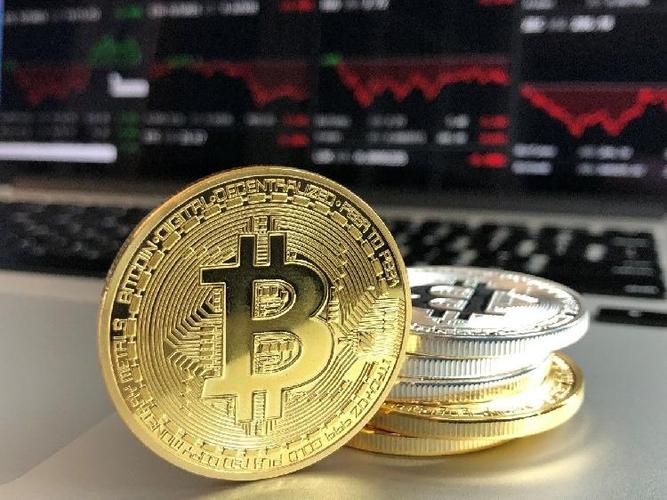Title: Understanding Bitcoin Transactions: Sending Cryptocurrency Abroad
In the realm of cryptocurrencies, particularly Bitcoin, sending funds abroad is a common practice. However, it involves a series of steps and considerations to ensure a smooth and secure transaction process. Let’s delve into the intricacies of sending Bitcoin overseas and explore some essential guidelines for a seamless experience.
1. Understanding Bitcoin Transactions:
Bitcoin transactions involve the transfer of value between Bitcoin wallets. Each transaction is recorded on the blockchain, a decentralized public ledger, ensuring transparency and security.
2. Sending Bitcoin Abroad:
Sending Bitcoin abroad follows a similar process to domestic transfers but with additional considerations:
Wallet Selection:
Choose a reputable Bitcoin wallet that supports international transactions.
Recipient Information:
Obtain the recipient's Bitcoin address, which is a string of alphanumeric characters representing their wallet.
Transaction Fees:
Be aware of transaction fees, which can vary depending on network congestion and the chosen wallet service.

3. Factors to Consider:
Exchange Rates:
Monitor exchange rates as they can fluctuate, impacting the value of Bitcoin sent abroad.
Regulatory Compliance:
Ensure compliance with local regulations regarding cryptocurrency transactions in both the sender's and recipient's jurisdictions.
Security Measures:
Implement robust security measures to safeguard your Bitcoin holdings and transaction details from potential threats.
4. Steps to Send Bitcoin Overseas:
Access Your Wallet:
Log in to your Bitcoin wallet using your credentials.
Initiate Transfer:
Navigate to the "Send" or "Transfer" section and enter the recipient's Bitcoin address.
Specify Amount:
Enter the amount of Bitcoin you wish to send, considering any applicable fees.
Review Transaction Details:
Doublecheck the recipient address and transaction amount before confirming the transfer.
Authorize Transaction:
Confirm the transaction using your wallet's authentication method, such as a password or biometric verification.
Monitor Confirmation:
Track the transaction on the blockchain explorer to ensure it is confirmed and processed successfully.
5. Tips for a Smooth Transaction Experience:
Research Service Providers:
Choose reputable wallet services and exchanges with a proven track record in facilitating international Bitcoin transactions.
Stay Informed:
Stay updated on the latest developments in the cryptocurrency space, including regulatory changes and security best practices.
Diversification:
Consider diversifying your cryptocurrency holdings to mitigate risks associated with volatility and geopolitical factors.
Seek Professional Advice:
Consult with financial and legal professionals for personalized guidance on international Bitcoin transactions, especially in complex scenarios.
6. Conclusion:
Sending Bitcoin abroad involves navigating various considerations, including wallet selection, regulatory compliance, and security measures. By understanding the fundamentals of Bitcoin transactions and adhering to best practices, individuals can conduct seamless and secure transactions across borders. Stay informed, exercise caution, and leverage reputable service providers to optimize your international Bitcoin transfer experience.
This overview provides a comprehensive guide to sending Bitcoin abroad, empowering individuals to navigate the complexities of international cryptocurrency transactions with confidence.


